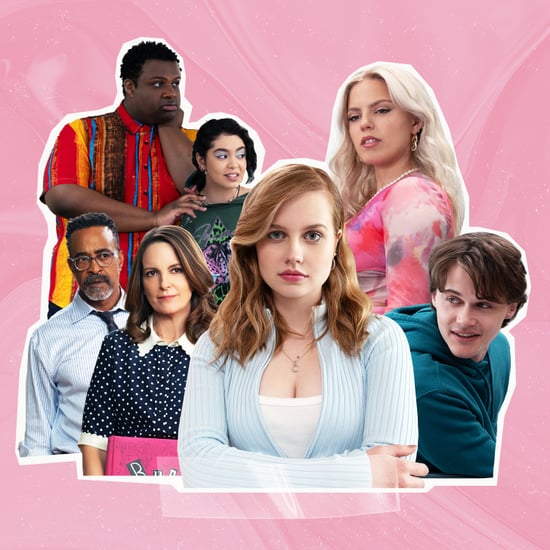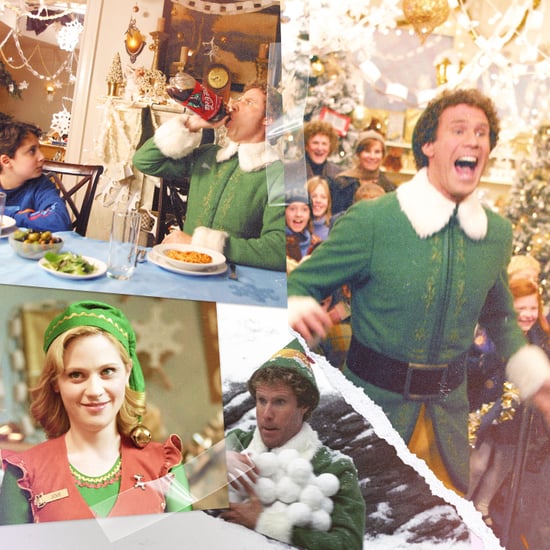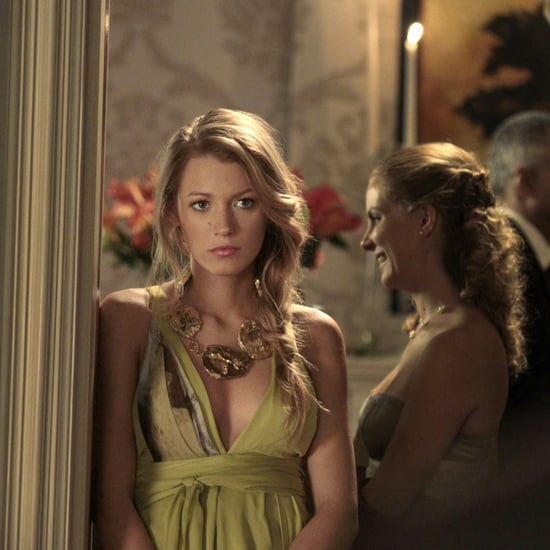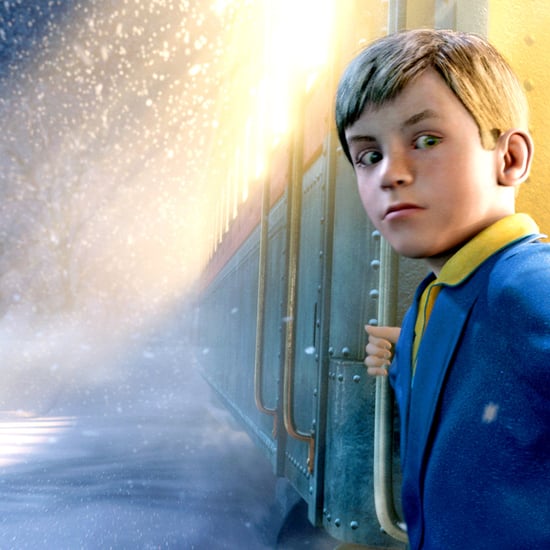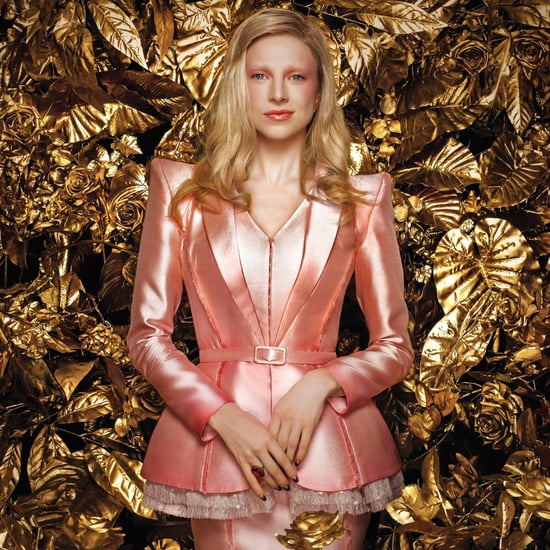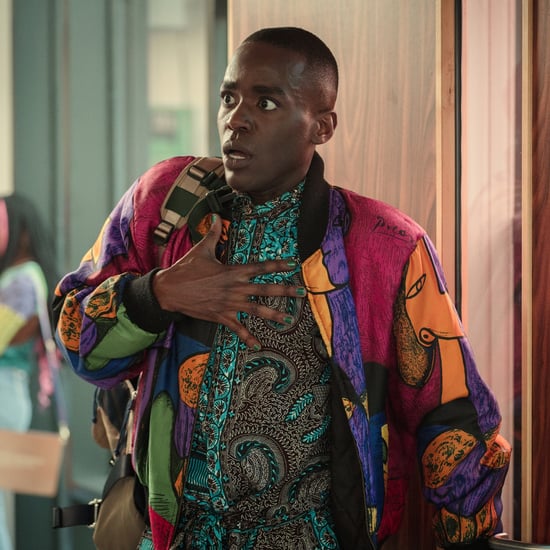Psychologist Explains Why We Enjoy Feeling Afraid
Why Feeling Fear Can Be So Much Fun, According to a Psychologist
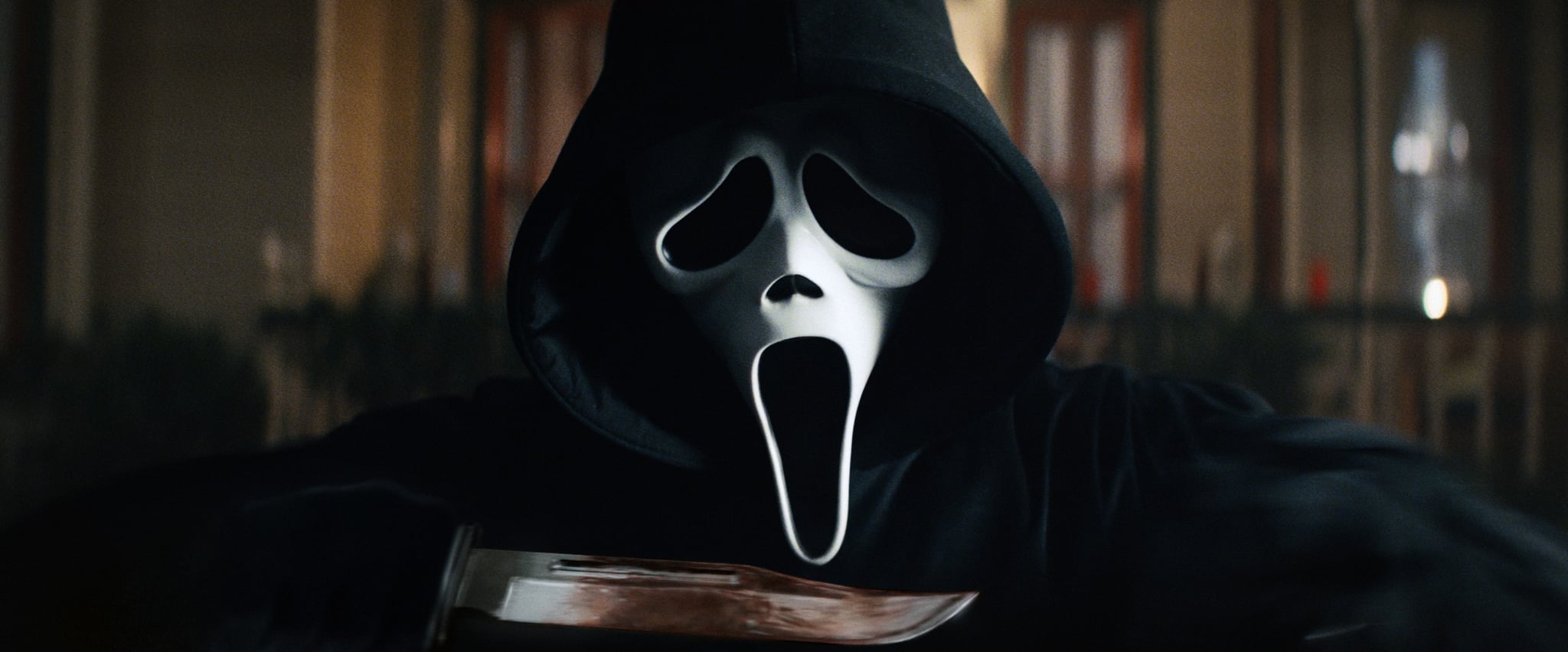
Each Halloween season, people flip on horror movies, venture into haunted houses, and otherwise dare to expose themselves to various goose-bumps-inducing experiences. And of course, many of us, myself included, love a good horror movie no matter the time of year. But why do we go out of our way to experience fear — exposing our psyches to serial killers, demons, and death in the process? Why would we want to be shocked, terrified, bamboozled, or creeped up on, especially in a world that offers more than enough to be afraid of already?
As it turns out, there are actually plenty of psychological and scientific reasons why many of us enjoy fear and horror. Ahead of Halloween, we're exploring why many of us yearn to get scared out of our minds instead of just popping on a rom-com and calling it a night.
Fear Can Trigger Pleasure in Our Brains
It turns out that brain chemistry may be at the heart of why fear is so appealing to some people. Fear is handled by our amygdalas, which are clusters of neurons tucked away in the centre of our brains. When we feel afraid, the amygdala stimulates the hypothalamus, which triggers the sympathetic nervous system and our adrenal system, sending adrenaline and endorphins coursing through our bodies.
All this leads to a physical rush. Our heart rates increase, we start breathing more heavily and sending more oxygen to our brains, glucose levels spike in our blood, and we generally feel stronger and more alert — a sensation some people might describe as "feeling alive."
Yet not all kinds of fear are created equal when it comes to how they play out in the brain and body, and there's a big difference between the fear we feel when a threat is real versus when we know it's not.
"There is something enjoyable about being frightened and getting that adrenaline rush while simultaneously knowing at the same time, we're safe," Robi Ludwig, PsyD, tells POPSUGAR. Multiple recent studies have found that while a rush of fear of any kind may initially register in the body as a sign of danger, as soon as we remember that the threat isn't real, our brain may release floods of dopamine. This can trigger a sense of relief, dulling the intensity of our amygdala's reaction and allowing us to feel a pleasant rush without the more unpleasant consequences fear can invoke.
Fear Can Be a Learning Experience
All of the above explains why some of us like feeling the physical sensations fear creates, but they don't exactly explain why so many of us are so drawn to true crime, horror flicks, and other stories that focus on behaviour we'd likely never want to come in contact with in real life. It also doesn't explain why people who don't enjoy adrenaline rushes often still seek out fear-inducing experiences. As it turns out, according to a series of recent studies conducted at Denmark's Recreational Fear Lab at Aarhus University, many of us may be drawn to fear, scary movies, true crime, and the like because these things can subconsciously help us feel like we're preparing and learning about ourselves and the world.
By learning as much as we can about how our bodies react to fright and about how other people have fared in terrifying situations, our brains may feel like they're studying what to do if anything bad actually happens to us. So the next time you go down a Wikipedia rabbit hole researching Jeffrey Dahmer, remember that your brain simply might be trying, in its strange and roundabout way, to protect you.
We may also be drawn to fear and horror for evolutionary reasons. After all, we've been hardwired to focus on threats since tigers lurked on the edges of our caves. "Humans, broadly, are built to be intrigued by and alert to potentially dangerous situations," Aarhus University researcher Coltan Scrivner, whose research largely focuses on the concept of "morbid curiosity" — which he describes as "a common psychological trait" in a 2021 study published in ScienceDirect — told Time. "We're curious about threats in our environment. So anytime we get a hint that there might be information about danger out there, the attention mechanisms in our minds sort of kick on and guide us toward that information."
Fear Can Allow Us to Engage With Negative Emotions and Taboos
Our fascination with horror, specifically, can actually extend even deeper than a love of adrenaline or a desire to protect ourselves, stretching all the way down to the shadowier sides of our psyches. According to Dr. Ludwig, yet another reason we may be drawn to disturbing and twisted tales is because they allow us to engage with suppressed and taboo aspects of ourselves.
"There's something vicariously thrilling about seeing somebody acting in a primal way, because these are thoughts and feelings that most people have had," she explains. "When you're really angry with somebody and you'd like to see them walk in front of a bus, the feeling may not be permanent; it may just be a fantasy about being able to harm somebody and feeling all-powerful and not vulnerable. But when we look to criminals or true crime shows, this allows us to look at very dark emotions and actions that we don't have to own as our own."
Engaging with horror and fear can also be a way to process and cope with emotions that we normally suppress in our daily lives. On the other hand, it can also act as an escape from negative emotions. "Fear locks you into the present moment. It's a distraction from other preoccupations that we might have in our life, especially when it's for entertainment purposes," Dr. Ludwig says. A good fright, she adds, can even sometimes "jolt us out of feeling depressed or out of depressive disorders." Fear can also help some people on an existential level; there's nothing like watching a victim in "Saw" undergo hours of torture to remind you that your life isn't so bad after all.
Fear Can Be Communally Cathartic
I probably fall into each of the three above categories a little bit. I've gone bungee jumping to experience thrills, researched serial killers for hours in order to try to understand their motivations, and certainly felt very grateful for my own life after watching "Midsommar."
But in truth, the time I enjoy feeling fear (in safe contexts) the most is when I'm able to experience it with others. Growing up, I often watched horror films with my brother, cousins, or groups of friends, and I have fond memories of all of us screaming together, cracking jokes about their absurdity, or otherwise somehow managing to have a great time as we watched slashers, ghosts, and demons tear up the screen.
There was always a kind of communal catharsis to those experiences, and strangely enough, nowadays, horror movies remind me of home — and by that I mean they remind me of good times spent daring each other to go into spooky basements, clinging to each other as we rode up and down roller coasters, or screaming "RUN!" at the TV while watching "The Texas Chainsaw Massacre."
Of course, everyone experiences fear differently, but one thing is clear: there's nothing wrong with people who want to flip on "The Shining" and then hold a séance in an abandoned mansion, just as there's nothing wrong with anyone who'd prefer to cosy up and watch "Hocus Pocus." We're all just humans trying our best to live in a scary world, and sometimes, a little fear in a safe container seems to be exactly what we need.
